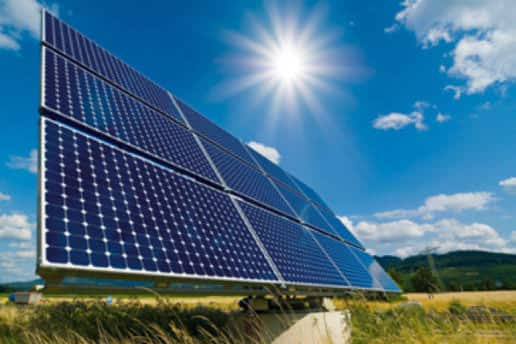In recent discussions with the International Monetary Fund (IMF), Pakistani officials revealed plans to end the current net metering policy for rooftop solar panels. This policy has allowed homeowners to offset their electricity costs by generating their own power and feeding any excess back into the grid.
Instead, the government plans to introduce a gross metering system, which means all the solar energy generated by rooftop panels will go directly to the national grid, and homeowners will have to buy back electricity from the grid, likely at higher prices.
This change is part of broader talks as Pakistan seeks more support from the IMF, including a proposed restructuring of $15.4 billion in energy debt with China.
The Ministry of Energy has informed the IMF about the upcoming changes to the solar panel policies, which previously enabled consumers to reduce their reliance on expensive grid electricity.
With the new gross metering policy, energy produced by rooftop solar panels will no longer directly benefit the homeowners by reducing their electricity bills. Instead, all the power generated will be sent to the national grid, and homeowners will draw their power solely from the grid. This shift could result in higher costs for consumers, as they will lose the financial benefits of generating their own electricity.
The government argues that this change is necessary to increase the revenue of power distribution companies, which have been struggling financially.
The popularity of rooftop solar panels has been growing among Pakistan’s middle and upper classes, who turned to solar power as a way to escape the high costs of grid electricity. These high costs are due to Pakistan’s inefficient power systems and unfavorable power purchase agreements.
The government believes that by moving to gross metering, it can help the power distribution companies recover financially, even though it means higher costs for consumers who have invested in solar panels.


